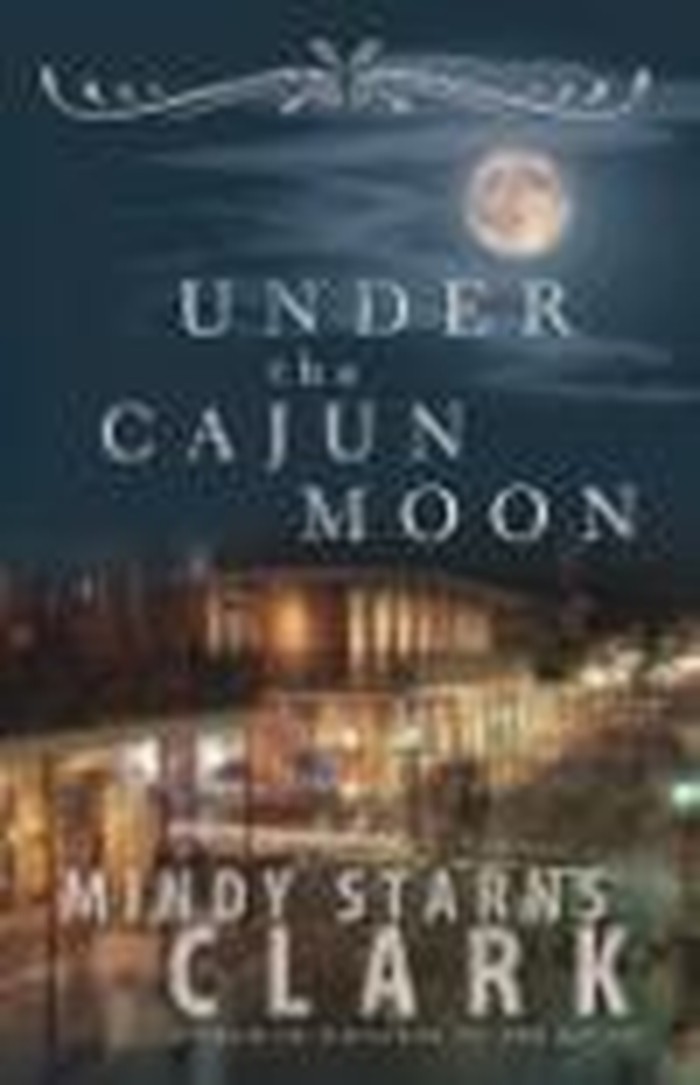Mystery and Local Flavor Collide Under the Cajun Moon
- Kelley Mathews Crosswalk.com Contributing Writer
- Published Dec 09, 2009

Author: Mindy Starns Clark
Title: Under the Cajun Moon
Publisher: Harvest House
Cajun country never seemed so menacing, nor so flavorful ...
Chloe Ledet, estranged daughter of famed Cajun chef Julian Ledet, rushes home to Louisiana after learning her father has been shot. Before she can make it to the hospital, she's been framed for murder and has discovered a family secret that may be the key to the threat on her father's life. On the run, she teams up with an old family friend—the requisite handsome Cajun—to hunt for a legendary treasure that will clear her name and help find the real killer.
Almost 300 years earlier, Jacques Soliel's story of loss and betrayal, riches and triumph, plays out. The author reveals his adventure one segment at a time, in parallel with Chloe's, so that both culminate simultaneously.
Clark takes the reader on an enjoyable ride. Clever scene changes and cliff-hangers keep the pages turning. The whodunit twists and turns truly puzzle the reader for a good portion of the narrative. Her mystery-within-a-mystery, the historical background explaining the origin of the legend, is drawn out nicely to correspond with development of Chloe's treasure hunt.
Told from the perspective of the heroine, Chloe, the story gets overly dramatic at times. She's afraid of snakes (like any sane person) but encounters the slithery creatures rather often in her romp through the bayou. Boats, not cars, become the preferred mode of transportation. Travis Naquin, her capable rescuer/love interest, can do almost anything.
Clark, in fact, does not develop Travis's character sufficiently. He's too perfect, too trustworthy, too knowledgeable, too handsome, too Cajun, too… The secret he reveals at the end of the story, which seems designed to tarnish his image somewhat, appears forced into the plot. It serves no purpose to advance the story. Secondary characters such as Chloe's mother and Wade the cop also remain static.
Clark includes a blatant gospel message, like most Christian novels, but the scene plays out awkwardly, as if it doesn't belong. Faith is not a central part of the heroine's psyche—only when the going gets tough does she start thinking about God. And while that sort of spiritual development is common enough to readers, Chloe's experience is not written well enough to be convincing.
The story's greatest strength—its cultural flavor—is also its greatest weakness. Clark displays a thorough knowledge of all things Cajun, which provides readers with a fuller sense of Louisiana's unique heritage. But the volume of cultural references threatens to distract from the story. Clark piles on the local Louisiana flavor, often overwhelming the storyline. Zydeco music, jambalaya, French idioms, cypress trees, Spanish moss … almost any element of Cajun culture that one can imagine is found somewhere in the book. Characters constantly pepper their conversations with Cajun lingo (cher, grandmere, cochodrie, allons done, regardez all appear in a 4-page segment). As a Louisiana native, I found myself rolling my eyes as the French sayings appeared time after time.
Non-Cajuns often think throwing more red pepper on a dish and burning it will make it taste authentic, when in reality, the seasoning and cooking involves much more variety and care. In the same way, Clark overwhelms with extravagant cultural flavor what could otherwise be an enjoyable mystery.
**This review first published on December 22, 2009.



















